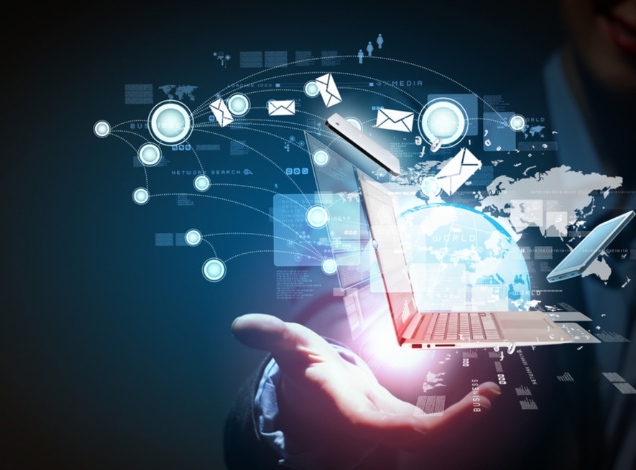The Evolution and Impact of Tools of Modern Communication

In today's fast-paced world, the tools of modern communication have revolutionized the way we connect, collaborate, and share information. From traditional methods like telephones and letters to the advent of smartphones and social media platforms, these tools have become an integral part of our daily lives. This article explores the evolution, impact, and future prospects of the tools of modern communication.
- The Evolution of Tools of Modern Communication:
1.1. From Telegraph to Internet: The journey of communication tools began with the invention of the telegraph, enabling long-distance communication through Morse code. Over time, telephones, fax machines, and emails emerged, leading to the development of the internet and its various applications.
1.2. Rise of Mobile Communication: The of mobile phones revolutionized communication by providing instant connectivity on the go. From basic voice calls to text messaging and multimedia sharing, mobile communication has become an indispensable tool.
1.3. Social Media and Beyond: The emergence of social media platforms like Facebook, Twitter, and Instagram transformed communication by enabling people to connect, share, and engage with a global audience. Additionally, video conferencing tools like Zoom and Microsoft Teams have facilitated seamless collaboration across distances. - Impact of Tools of Modern Communication:
2.1. Enhanced Connectivity: Tools of modern communication have bridged geographical barriers, allowing individuals and businesses to connect and communicate effortlessly. This has facilitated the growth of global networks, fostering cultural exchange, and economic opportunities.
2.2. Information Sharing and Collaboration: The tools of modern communication have democratized information sharing, enabling individuals to access news, knowledge, and resources instantly. Moreover, collaborative platforms like Google Drive and Dropbox have facilitated teamwork and productivity across industries.
2.3. Influence on Society and Politics: Social media platforms have empowered individuals to voice their opinions, mobilize communities, and drive social change. They have also played a significant role in political campaigns, enabling politicians to connect directly with voters. - Future Prospects and Challenges:
3.1. Artificial Intelligence and Chatbots: The integration of artificial intelligence in communication tools holds immense potential. Chatbots, for instance, can provide personalized customer support, streamline interactions, and enhance user experiences.
3.2. Internet of Things (IoT): With the advent of IoT, communication tools are becoming interconnected, allowing seamless data exchange between devices. This opens up possibilities for smart homes, autonomous vehicles, and efficient industrial processes.
3.3. Privacy and Security Concerns: As communication tools advance, ensuring privacy and security becomes crucial. Striking a balance between convenience and protecting sensitive information will be a key challenge.
Conclusion:
The tools of modern communication have transformed the way we interact, collaborate, and share information. From the telegraph to social media platforms, these tools have enhanced connectivity, facilitated information sharing, and influenced society and politics. As technology continues to evolve, embracing the potential of AI, IoT, and addressing privacy concerns will shape the future of communication. Embracing these tools and harnessing their power will enable us to navigate the ever-changing landscape of modern communication effectively.
